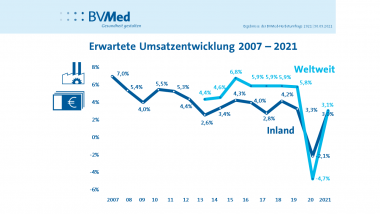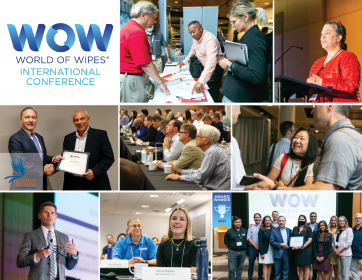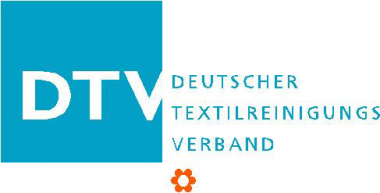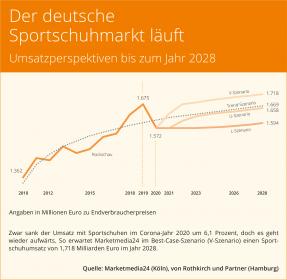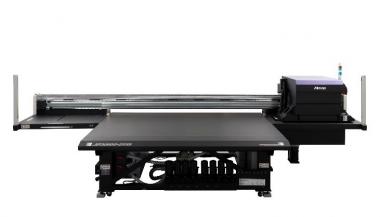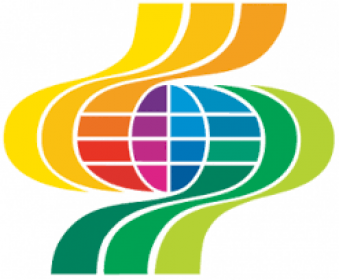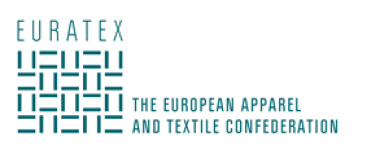BVMed-Herbstumfrage zu Umsätzen
| Die Medizintechnik-Branche zeigt sich von den starken Umsatzeinbrüchen im Corona-Krisenjahr 2020 leicht erholt. Nach einem Umsatzrückgang von 2,1 Prozent im Vorjahr erwartet die Branche in diesem Jahr in Deutschland ein Umsatzwachstum von 3,0 Prozent, weltweit von 3,1 Prozent. Das Vor-Corona-Niveau mit einem Wachstum von 4,2 Prozent im Inland und 5,8 Prozent weltweit ist aber noch lange nicht erreicht. Das ist das Ergebnis der BVMed-Herbstumfrage, die BVMed-Geschäftsführer Dr. Marc-Pierre Möll auf der digitalen Jahrespressekonferenz des MedTech-Verbandes vorstellte. An der Herbstumfrage nahmen 110 Mitgliedsunternehmen des BVMed teil. Die Gewinnsituation der Unternehmen ist durch gestiegene Rohstoff- und Logistikkosten stark angespannt. „Dennoch bleibt die Branche ein Jobmotor, die Zahl der Arbeitsplätze steigt weiter“, so Möll.
Weitere Informationen finden Sie hier.
BVMed Bundesverband Medizintechnologie Medizin und Gesundheitsindustrie Medizinprodukte Covid-19
BVMed


